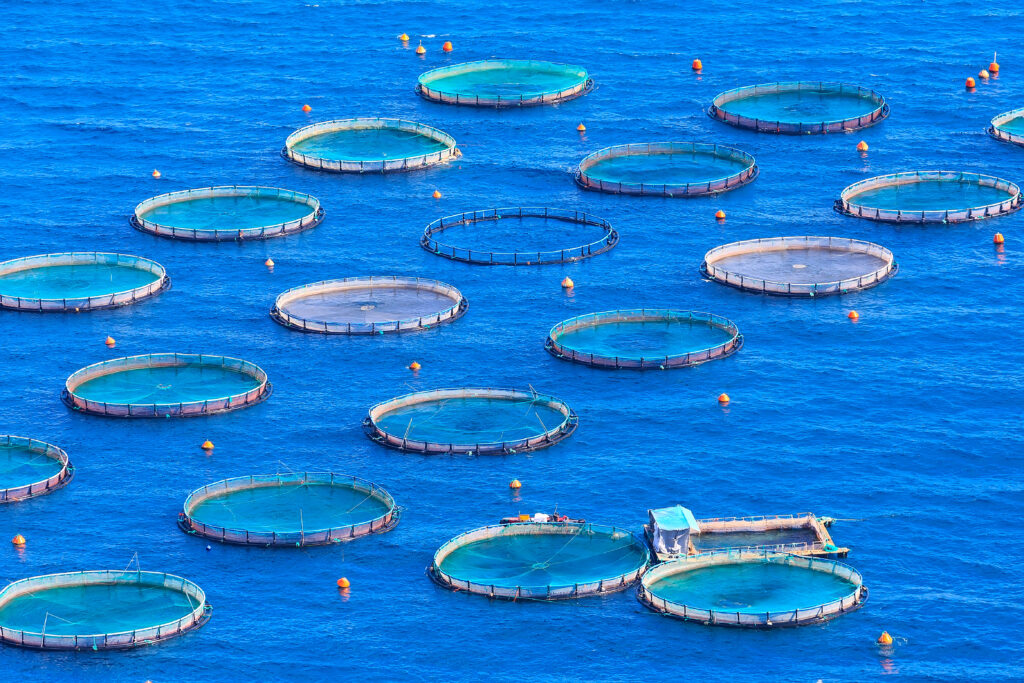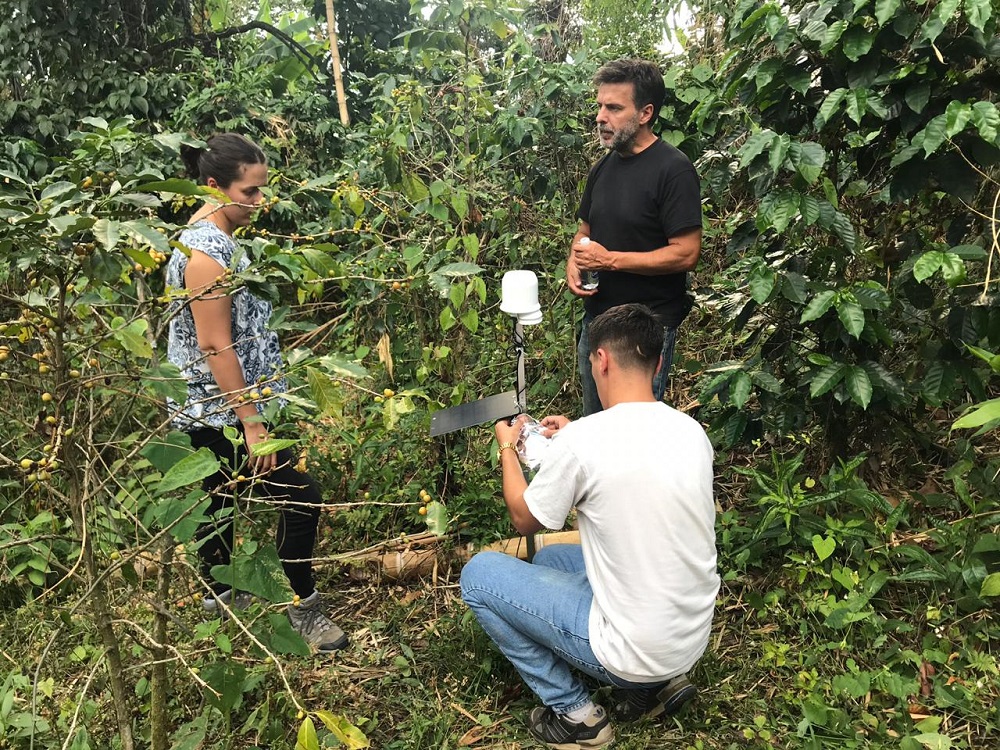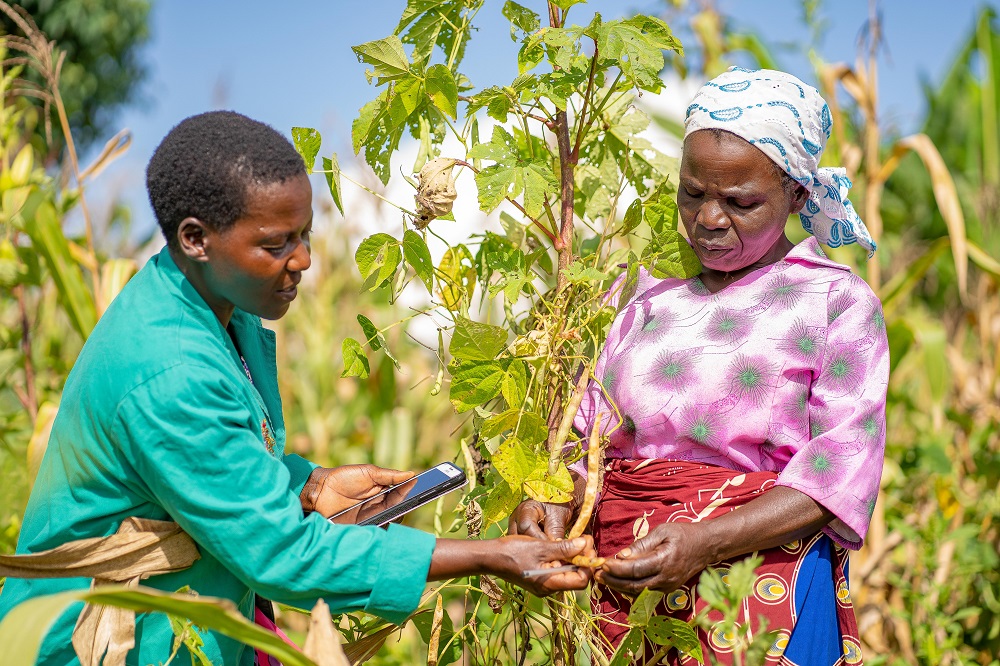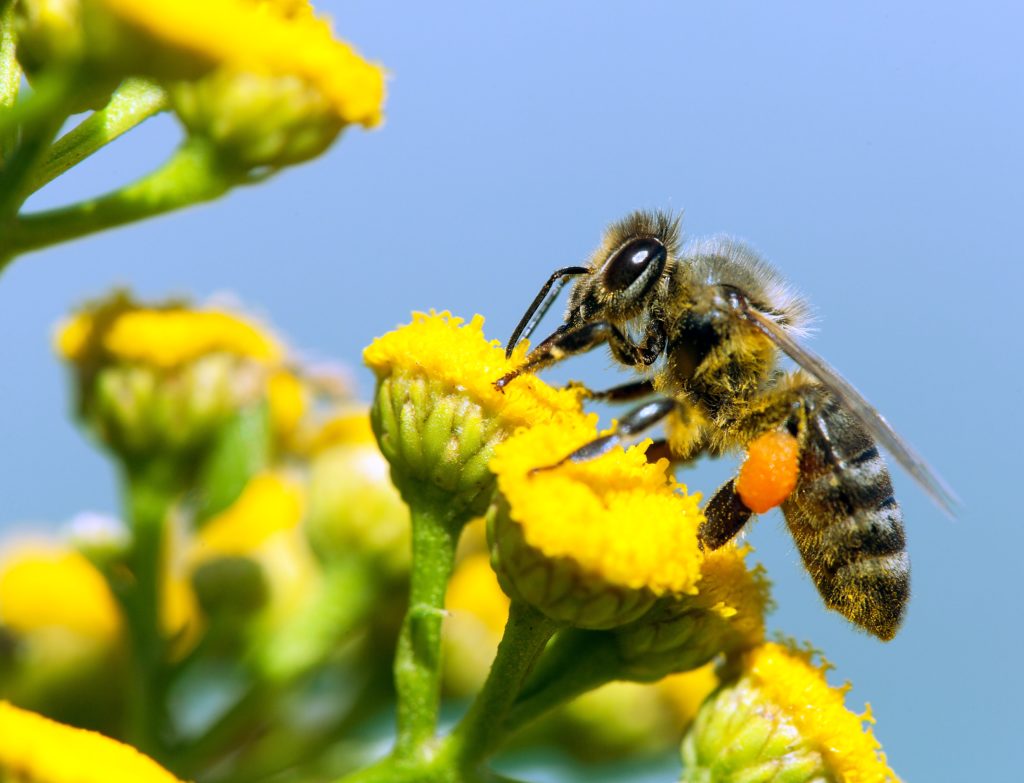CABI Blog
Category: Climate change and biodiversity
You are here: CABI Blog
Newly launched searchRxiv builds search community to foster easier, quicker research
December 17, 2021
Rachel Winks
No Comments
This week, CABI launched searchRxiv (pronounced ‘search archive’), our new open-access platform. We created the website to help researchers report, store and share their searches consistently. This helps with the review and re-use of existing searches, making research quicker and easier. searchRxiv is open to everyone. It’s free for researchers to post, comment, download and…
Climate change and fish
December 1, 2021
Patrick TK Woo
No Comments
Fish protein is an excellent alternative to land-based meat, and the impacts of climate change can be mitigated in cage culture of finfish.
Invasive Species Management – a nature-based solution for climate and environment
November 11, 2021
Jonathan Casey
No Comments
The UK is hosting the 26th UN Climate Change Conference of the Parties (COP26) in Glasgow from 31 October to 12 November 2021. This is the final article in a series of four blogs by Jonathan Casey, Climate Change Manager at CABI, in support of CABI’s involvement at the event.
Climate-smart pest management for nature-positive agriculture
November 8, 2021
Jonathan Casey
No Comments
The UK is hosting the 26th UN Climate Change Conference of the Parties (COP26) in Glasgow from 31 October to 12 November 2021. This is the third in a series of four blogs by Jonathan Casey, Climate Change Manager at CABI, in support of CABI’s involvement at the event.
Pest risk early warning systems in a changing climate
November 3, 2021
Jonathan Casey
1 comment
The UK is hosting the 26th UN Climate Change Conference of the Parties (COP26) in Glasgow from 31 October to 12 November 2021. This is the second in a series of four blogs by Jonathan Casey, Climate Change Manager at CABI, in support of CABI’s involvement at the event.
Invasive species management – a policy tool for integrated climate adaptation
November 1, 2021
Jonathan Casey
No Comments
The UK is hosting the 26th UN Climate Change Conference of the Parties (COP26) in Glasgow from 31 October to 12 November 2021. This is the first in a series of four blogs by Jonathan Casey, Climate Change Manager at CABI, in support of CABI’s involvement at the event.
Review highlights Uganda’s neglected crops and climate change challenges
October 25, 2021
Wayne Coles
No Comments
A new CABI-led review has been published which highlights the importance of restoring Uganda’s neglected crops to market as well as the need for increased crop diversification amid food security issues exacerbated by the risks of climate change.
Digital climate advisory services – an investment case for equity
August 5, 2021
Jonathan Casey
No Comments
The need for climate adaptation Smallholder farmers are facing increasing impacts from droughts, floods, heatwaves and wildfires, as well as crop pests and diseases, being driven by climate change. And these issues are only projected to get worse as our world warms over the coming years. Smallholders are the backbone of our global food supply.…
3 fast ways to find super-specialized research
June 10, 2021
Debbie Chessell
No Comments
We all know that essay deadline dread; you’ve got a rough idea, no clue where to find the right research, and less and less time to get everything (citations included) sorted. Never fear, CABI’s here! In this blog, we share our 3 top tips for finding super-specialized research, super-fast. Ditch Google Scholar, databases are your…
On Earth Day, how does landscape composition and pesticide use affect pollinators?
April 22, 2021
Kelly Snell
No Comments
On Earth Day, we take a look at landscape composition and pesticide use. Landscape composition is an important area of research in agricultural science. Understanding the relationship between cropland and its surrounding natural habitats, for example, can help to shed light on issues such as fostering natural, non-chemical pest control and reducing the use of…
Subscribe to blog
DISCLAIMER
Views expressed in contributions do not necessarily reflect official CABI positions.
Archives
Categories
- Agriculture and International Development
- Veterinary and Animal Sciences
- Climate change and biodiversity
- Publishing
- Value chains and trade
- Crop health
- Environmental Sciences
- Human Sciences
- Tourism, Hospitality and Leisure
- Food and nutrition security
- Plant Sciences
- Gender and youth
- Digital development
- Development communication and extension
- Economic development
- Invasive species
- CABI Bioservices
- One Health










